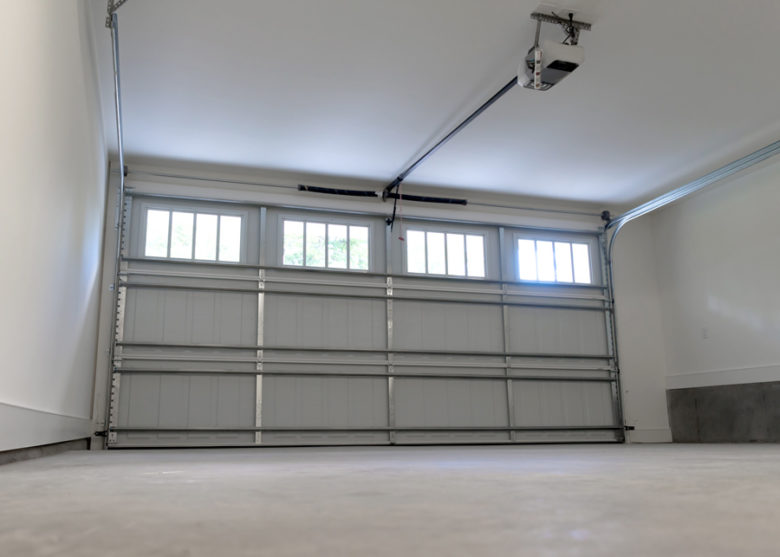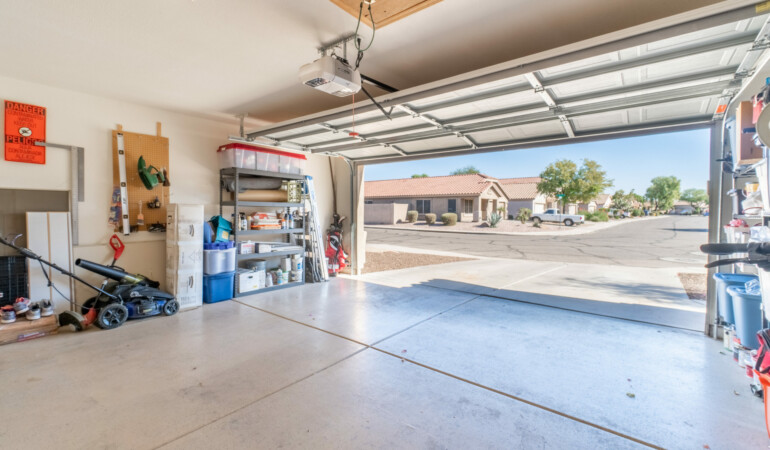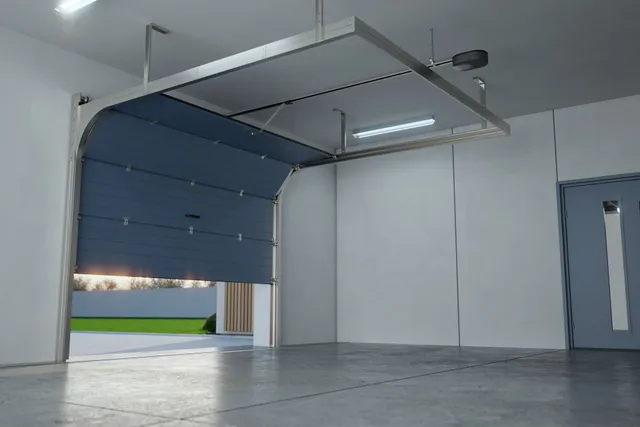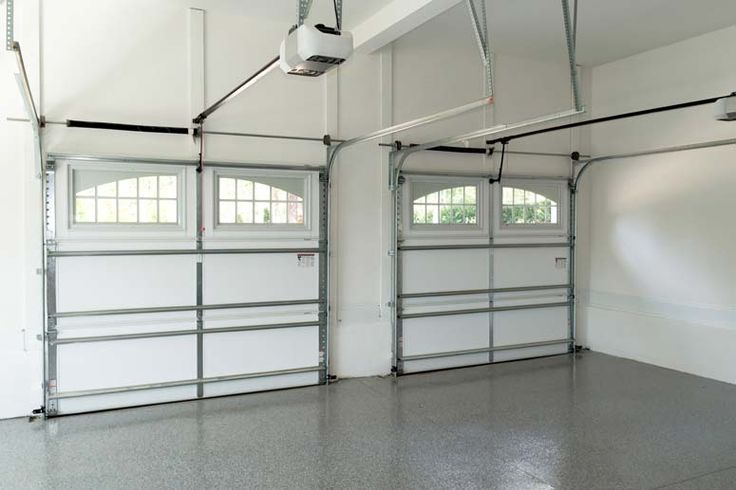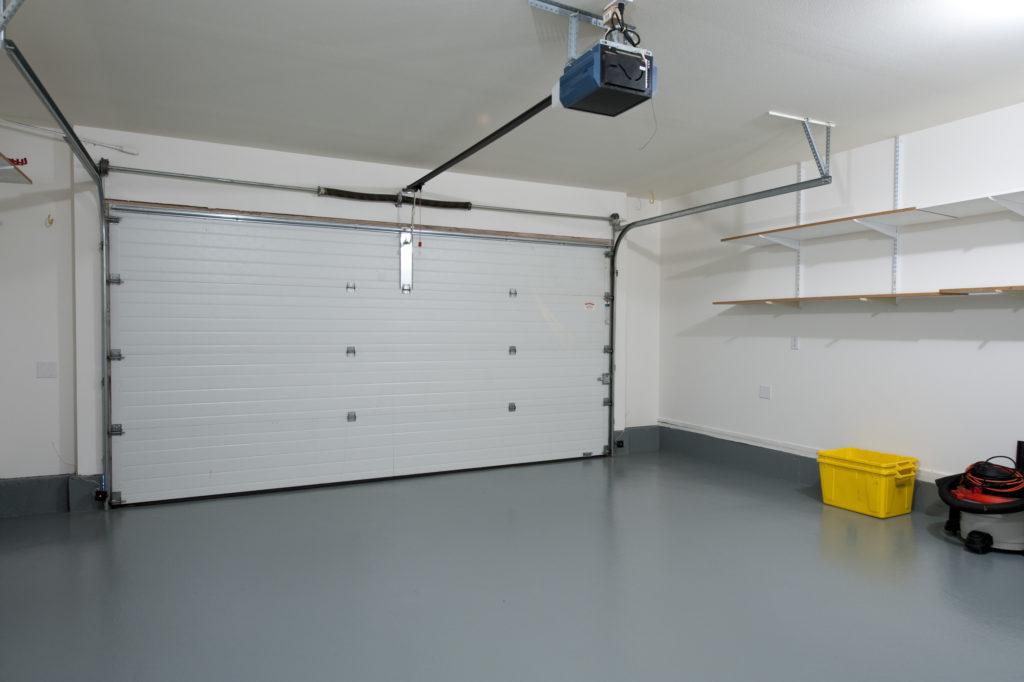Living in a hot climate can present unique challenges, especially when it comes to maintaining your home. One crucial yet often overlooked aspect is the garage door inspection. Proper maintenance and regular inspections can save homeowners from costly repairs and ensure their garage doors function smoothly, even in the harshest heat. In this article, we will explore why garage door inspection for hot climates is essential and provide valuable insights into what homeowners should look for.

Why Inspect Your Garage Door?
The extreme temperatures in hot climates can take a toll on your garage door components. Metal parts can expand, lubricants may dry out, and materials like wood or vinyl can warp or crack. Regular garage door inspections help identify these issues early, preventing further damage and ensuring your garage door operates efficiently.
Signs of Wear and Tear
Recognizing the signs of wear and tear is crucial for timely maintenance. Look for the following:
- Noise: Unusual sounds during operation could indicate problems with springs or bearings.
- Slow Movement: A sluggish door may signal issues with the opener or tracks.
- Gaps: Visible gaps suggest misalignment or damaged weather stripping.
Components to Check During Inspection
1. Springs and Cables
Springs and cables are vital for the smooth operation of your garage door. In hot climates, they are prone to wear due to the constant expansion and contraction of metal. Regularly check for signs of rust or fraying and consider replacing them if necessary.
2. Tracks and Rollers
Ensure that the tracks are clean and free from debris. Bent or misaligned tracks can cause the door to jam. Rollers should move smoothly without resistance. Lubricate them regularly to prevent drying out due to heat.
3. Weather Stripping
Weather stripping helps keep your garage insulated and prevents dust and pests from entering. In hot climates, it can become brittle and cracked. Replace any damaged weather stripping to maintain an energy-efficient garage.
Lubrication and Maintenance
Proper lubrication is essential to keep your garage door running smoothly. Use a silicone-based lubricant to treat all moving parts, such as hinges, rollers, and springs. Avoid using grease or oil-based products as they can attract dust and dirt.
When to Call a Professional
While some maintenance tasks can be done by homeowners, certain issues require professional attention. If you notice any of the following, it’s best to call a technician:
- Broken springs or cables
- Significant misalignment
- Persistent noise or vibration
Preventive Measures for Hot Climates
1. Insulate Your Garage Door
Insulation helps regulate the temperature inside your garage, reducing the strain on your door’s components. Consider adding insulation to your garage door to keep your garage cooler in hot weather.
2. Install a Ventilation System
Proper ventilation helps dissipate heat and prevents damage to your garage door components. Installing a ventilation system can improve airflow and prolong the life of your door.
Regular Inspection Schedule
To ensure your garage door remains in excellent condition, establish a regular inspection schedule. Consider conducting a thorough inspection every six months, or more frequently if your area experiences extreme heat.
DIY vs. Professional Inspection
While DIY inspections are a great way to catch minor issues early, a professional inspection provides a comprehensive assessment. Professionals have the expertise to identify potential problems that homeowners might overlook.
Conclusion
In hot climates, regular garage door inspections are essential for maintaining the functionality and longevity of your garage door. By being proactive and addressing issues early, homeowners can avoid costly repairs and ensure their garage doors operate smoothly year-round. For more detailed tips, check out this DIY Garage Door Inspection Checklist.

FAQs
How often should I inspect my garage door in a hot climate?
It’s recommended to inspect your garage door every six months in hot climates to address any issues promptly and prevent damage.
What lubricant should I use for my garage door?
Use a silicone-based lubricant for your garage door’s moving parts. It withstands high temperatures and doesn’t attract dust and dirt.
Can I perform a garage door inspection myself?
Yes, homeowners can perform basic inspections. However, for a comprehensive assessment, it’s best to hire a professional technician.
This article contains affiliate links. We may earn a commission at no extra cost to you.




